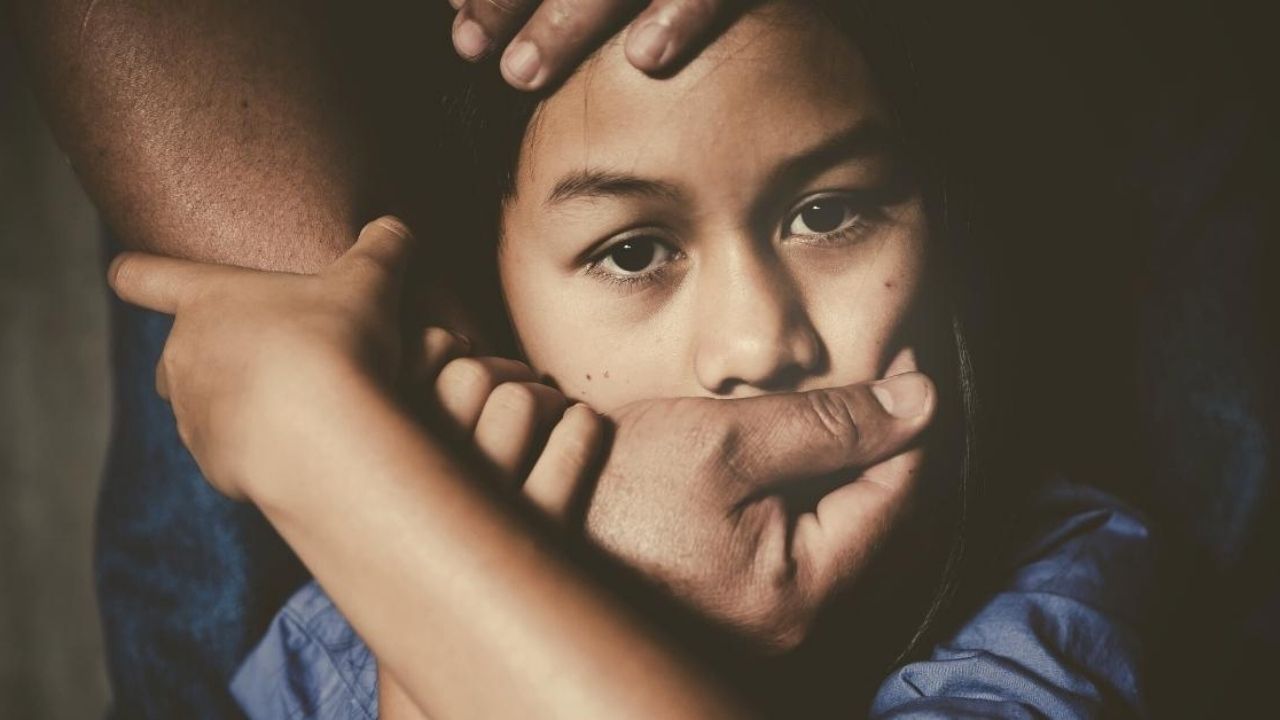CHANDIGARH
Non-consensual sexual contact (NCS) refers to any unwelcome sexual touching, such as groping or pinching. Rape, child molestation, incest, and other forms of non-consensual sexual contact are all considered forms of sexual abuse.
Rape is when someone is forced to have sexual contact with someone who does not or cannot consent. Rape is defined as forcing sex on someone who does not want it, is inebriated, or is not legally old enough to consent.
Date rape is a type of sexual assault that occurs between persons who have been dating for a while. However, any sort of coerced sexual interaction can have long-term consequences for a person. The majority of states now consider forced oral sex and other forms of assault to be rape.
Non-contact sexual abuse: Not all forms of sexual abuse fall neatly into legal or psychological categories. Sexual abuse is, for example, when parents make sexually improper statements to their children. Another form of sexual abuse is so-called revenge pornography sites, which post nude images of victims without their consent.
Child molestation is defined as any sexual encounter between a child and another person. Many children who are abused are too young to understand what is going on and may not be able to defend themselves.
Consequences of sexual abuse:
Muscle aches, headaches, and even persistent physical health concerns like high blood pressure and blood sugar issues are all examples of physical symptoms.
Anxiety, panic attacks, and unexplained sobbing fits, as well as physical stress symptoms such as hair loss, rashes, weight increase or loss, and sleeplessness.
Sexual harassment was connected to significantly higher blood pressure and a 20% increased risk of heart disease in those who were not already taking blood pressure medications, according to the study. There were also higher blood fat levels and poor sleep quality, which translated to a doubling of the risk of insomnia.
Personality disorders: Sexual abuse can cause personality disorders such as borderline personality disorder. It’s possible that the conduct connected to personality disorders is an adaptation to abuse. A fear of abandonment, for example, is a borderline personality trait. In adulthood, the dread may not be adaptive. However, avoiding abandoned as a youngster may have safeguarded someone against sexual abuse.
Attachment issues: Survivors may find it difficult to build healthy relationships with others. This is especially true in the case of abused children. Adults with insecure attachment patterns may have been molested as children. They may have difficulty with intimacy or be overly eager to create close bonds.
Addiction: Abuse survivors are 26 times more likely to use drugs, according to research. The use of drugs and alcohol can help to mask the effects of abuse. Substance addiction, on the other hand, frequently leads to the emergence of a variety of issues.

 हिंदी
हिंदी






